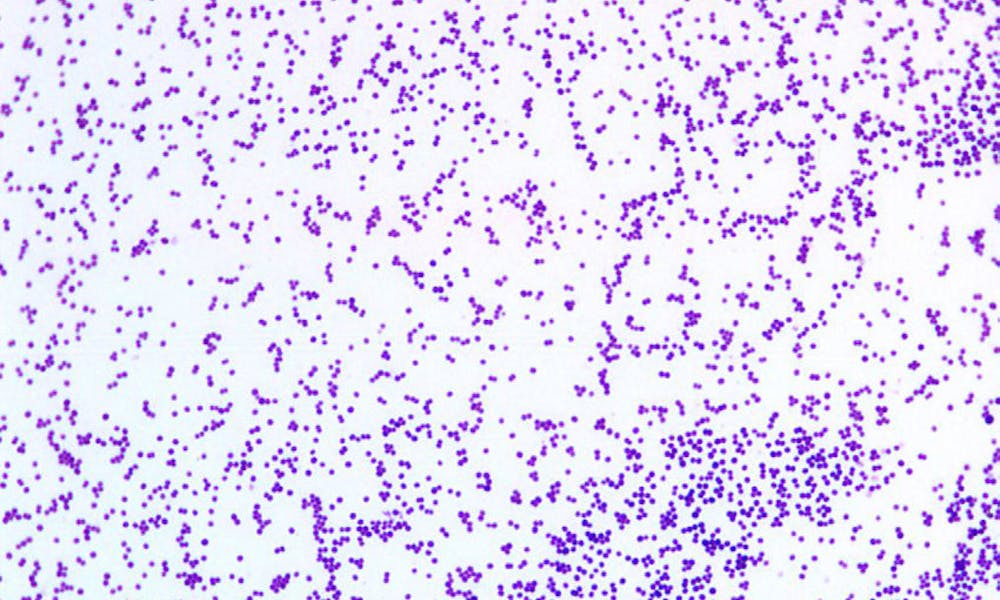
Australian researchers have uncovered new genetic insights into Staphylococcus aureus, revealing what makes the bacterium so dangerous when it enters the blood.
While common, Staphylococcus aureus infections – known as Golden staph – can be life-threatening if the bacteria enter the bloodstream, causing sepsis. Golden staph is notorious for its ability to become resistant to antibiotics, making it hard to treat, which can lead to adverse health outcomes for patients infected with a drug-resistant form of the bacteria.
In one of the most comprehensive studies of its kind, published in Cell Reports, researchers, led by the Peter Doherty Institute for Infection and Immunity (Doherty Institute), analysed the unique genetic profiles of more than 1,300 Golden staph strains. By combining this data with patient and antibiotic information, the researchers found that, while patient factors are critical in determining mortality risks, specific genes are linked to antibiotic resistance, along with the bacteria’s ability to linger in the blood, evading antibiotics and the immune system.
The RMH and University of Melbourne’s Dr Stefano Giulieri, a Clinician-Researcher at the Doherty Institute and first author of the paper, said the findings highlighted the diagnostic power of integrating clinical and genomic data.
“To the best of our knowledge, this is one of the first times that the method we used, called a genome-wide association study (GWAS), has been applied to delve into the role of bacterial genomes, host factors and antibiotics on the course of staphylococcal sepsis,” said Dr Giulieri.
“In GWAS, scientists scan the genome of a big collection of bacteria to look for tiny changes (mutations) that show up more often in strains with a certain characteristic, such as antibiotic resistance. Mutations with a strong statistical link are precious clues to figure out how bacteria acquire attributes that are important for patient outcomes. “
Our study uncovered a deeper understanding of the intricate genetic dynamics underlying severe Golden staph infections. It highlights the potential of combining bacterial whole-genome sequencing, clinical data and sophisticated statistical genomics to discover clinically relevant bacterial factors that influence infection outcomes.”

We provide a media service from 6am to 9pm each day. Journalists are welcome to contact our media adviser on-call via the RMH Switchboard on (03) 9342 7000.
During business hours, journalists can email mh-communications@mh.org.au. We do not respond to emails outside business hours.

